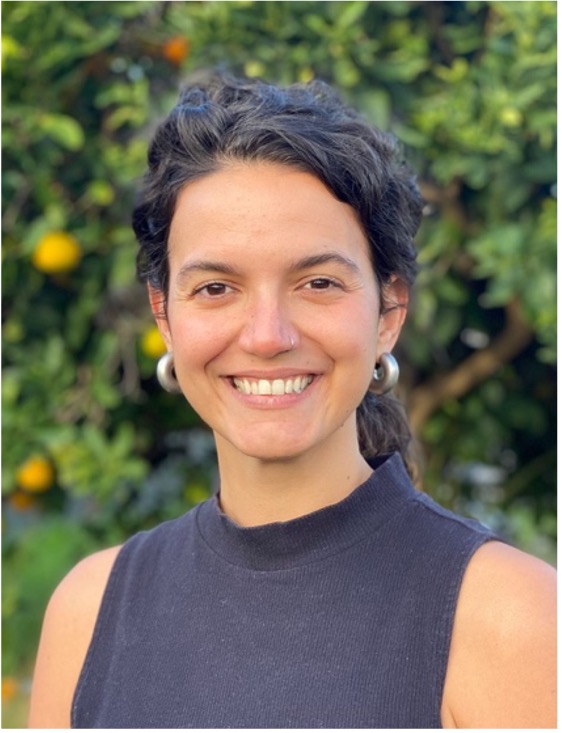Sara holds a Bachelor’s degree with honours in Terrestrial Ecology from the Sao Paulo State University in Brazil, and is currently a PhD candidate at Murdoch University.
In Australia, Sara coordinated Curtin University’s Tourism Research Cluster before commencing her doctorate degree in 2022, having conducted a series of research projects on Indigenous tourism development for peak industry bodies in Western Australia. Sara’s PhD explores the socio-ecological benefits of incorporating native bush tucker to land stewardship practices involving Indigenous participation. Her key research interests centre on ecosystem restoration, biodiversity conservation, food cultivation and sustainable community development. Through her doctorate, Sara assesses the potential of diversifying ecological restoration to purposefully include Indigenous knowledge and bush tucker cultivation to boost social and environmental outcomes in regions. Sara is currently based on Yawuru Country in Broome, where she is evaluating the application of the Savannah Enrichment model in the West Kimberley.
Project summary
As global calls for sustainable natural resource management grow louder, new opportunities emerge in Australia for Traditional Custodians to be recognised for their stewardship on-Country. However, initiatives have predominantly focussed on environmental goals, with limited emphasis on socio-cultural considerations. In parallel, the demand for native bush foods and medicines is increasing rapidly, and with it, the need for new models of sustainable cultivation that not only meet the growing appetite, but that address the substantial gap in Indigenous leadership and participation in the sector.
Savannah Enrichment (SE) is a novel horticultural concept that incorporates high-value native bush tucker plants to degraded savannah ecosystems and may offer a potential pathway forward. While anecdotal findings in Western Australia’s Kimberley region suggest promising outcomes, a robust assessment is currently lacking to evaluate whether the model could effectively be applied to land management practices, inhibiting its wide-scale adoption. To this end, the research project seeks to assess the Savannah Enrichment model for its potential use as a tool for ecosystem restoration, carbon abatement, and biodiversity enhancement.
In collaboration with North Regional TAFE, the project’s first case study compares data from existing enrichment trials at TAFE’s Balu Buru experimental site with data from degraded and reference ecosystems to gauge overall model performance. Additionally, the project facilitates and monitors the development and implementation of a new enrichment trial at the TAFE study site with West Kimberley Aboriginal Rangers through a tailored training program. The second phase of the project consists of a case study executed on-Country in collaboration with an Indigenous organisation. The research aims to quantify co-benefits linked to the multifunctional bush tucker model, providing insight into its potential application on-Country. Additionally, the project is committed to creating training opportunities through its execution, delivering tangible benefits to end-users and project partners on the ground.
